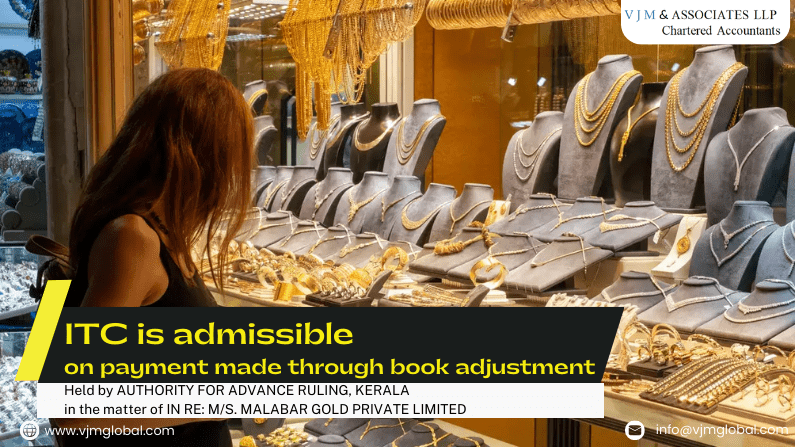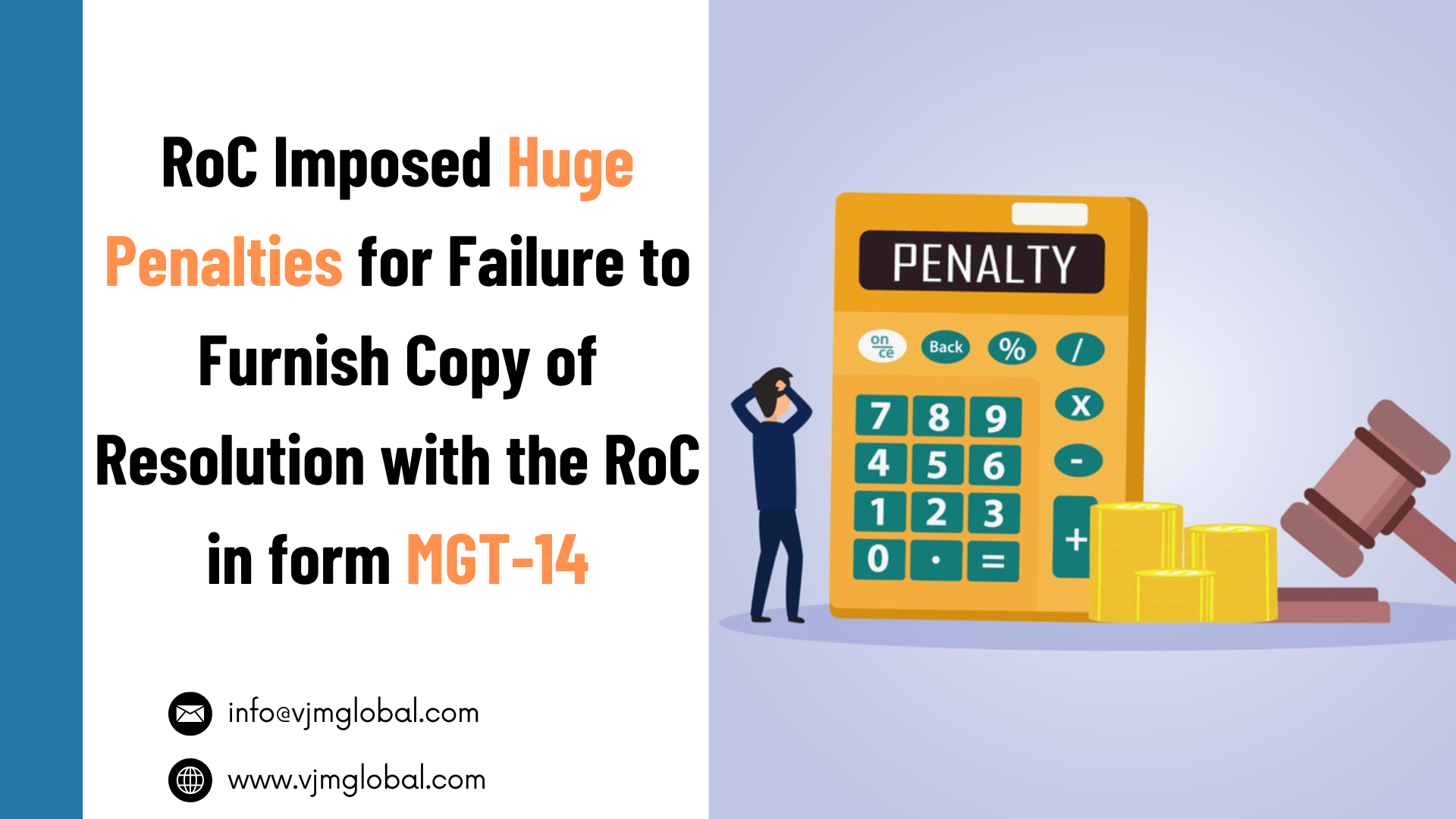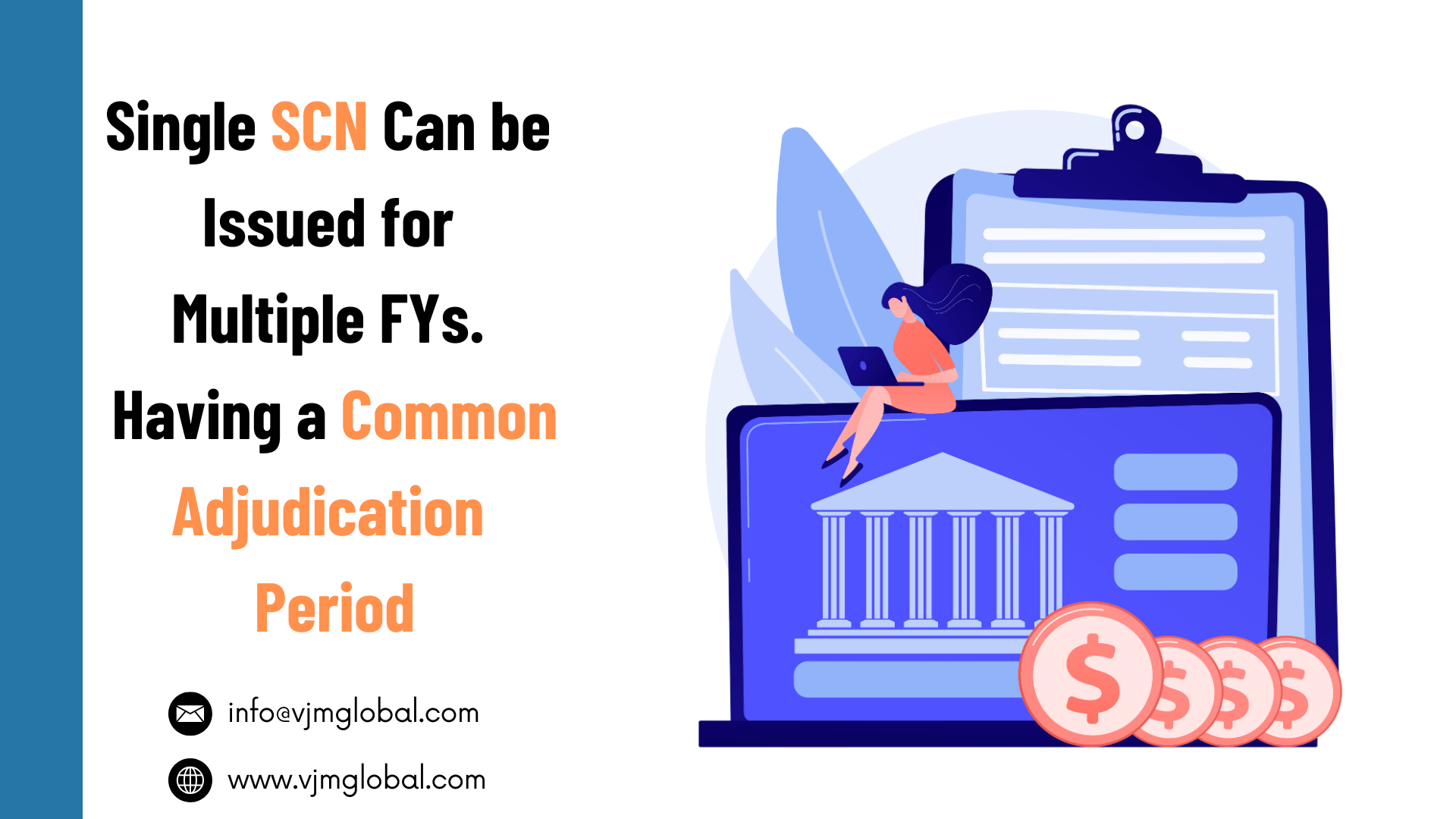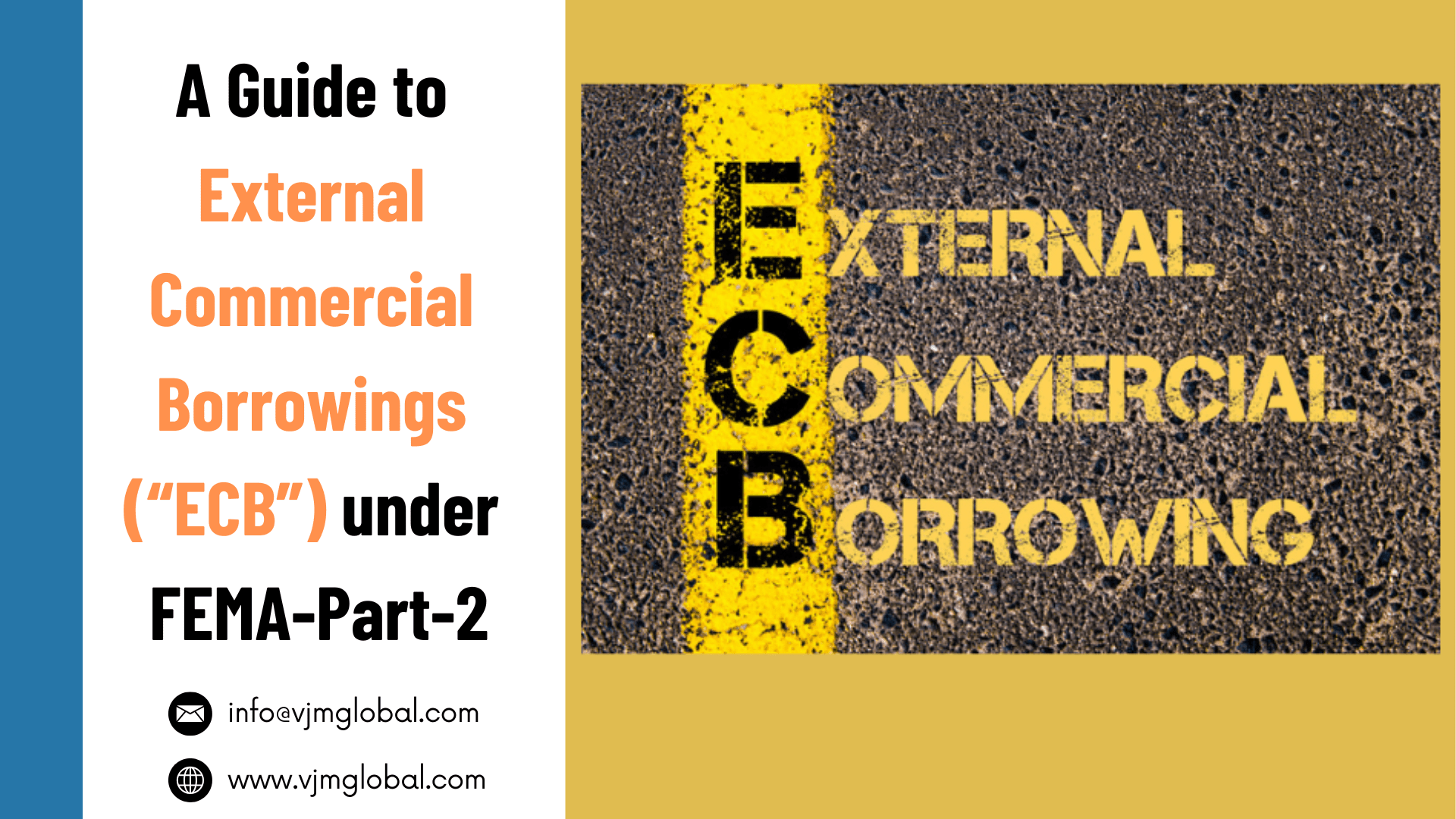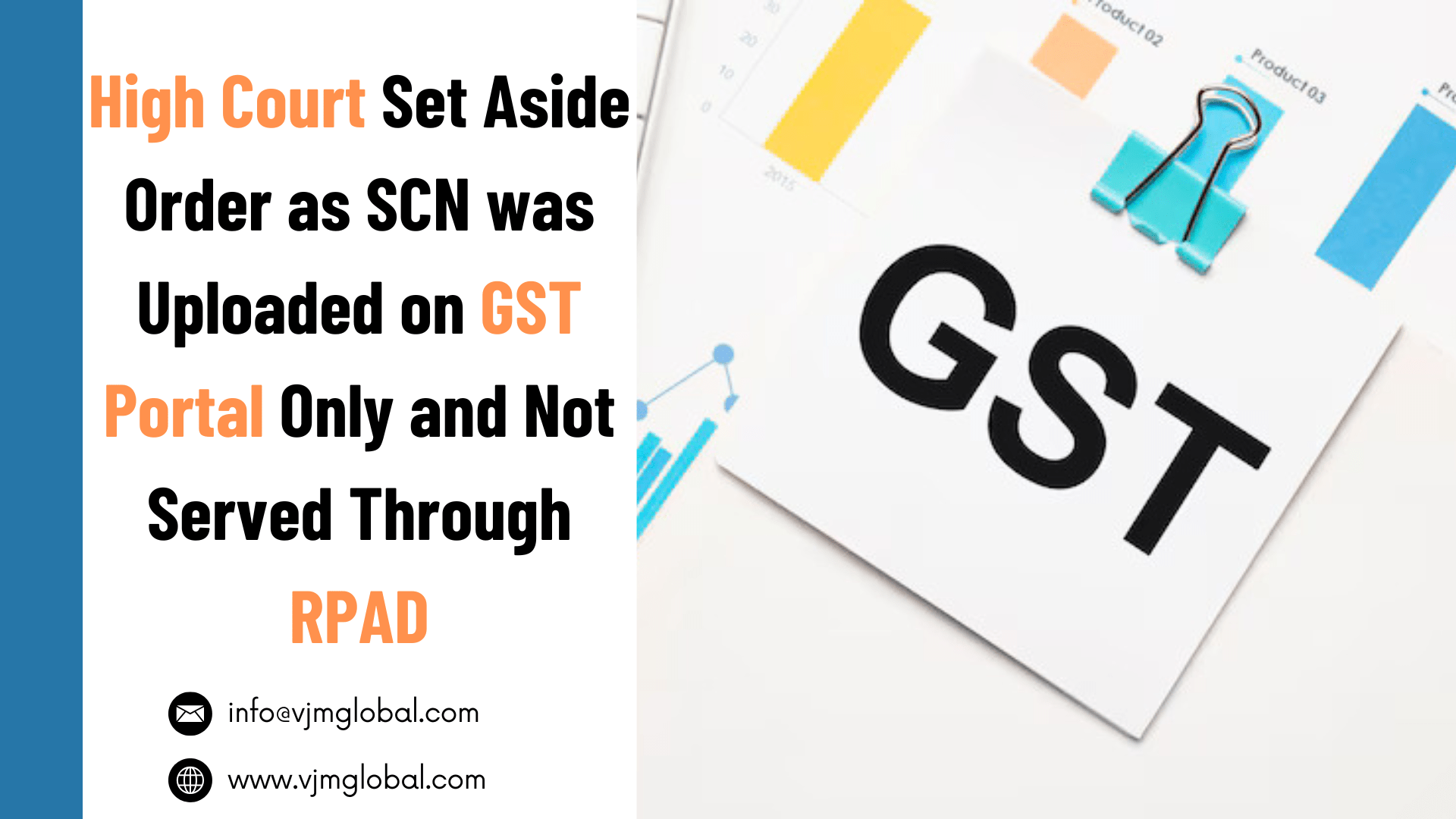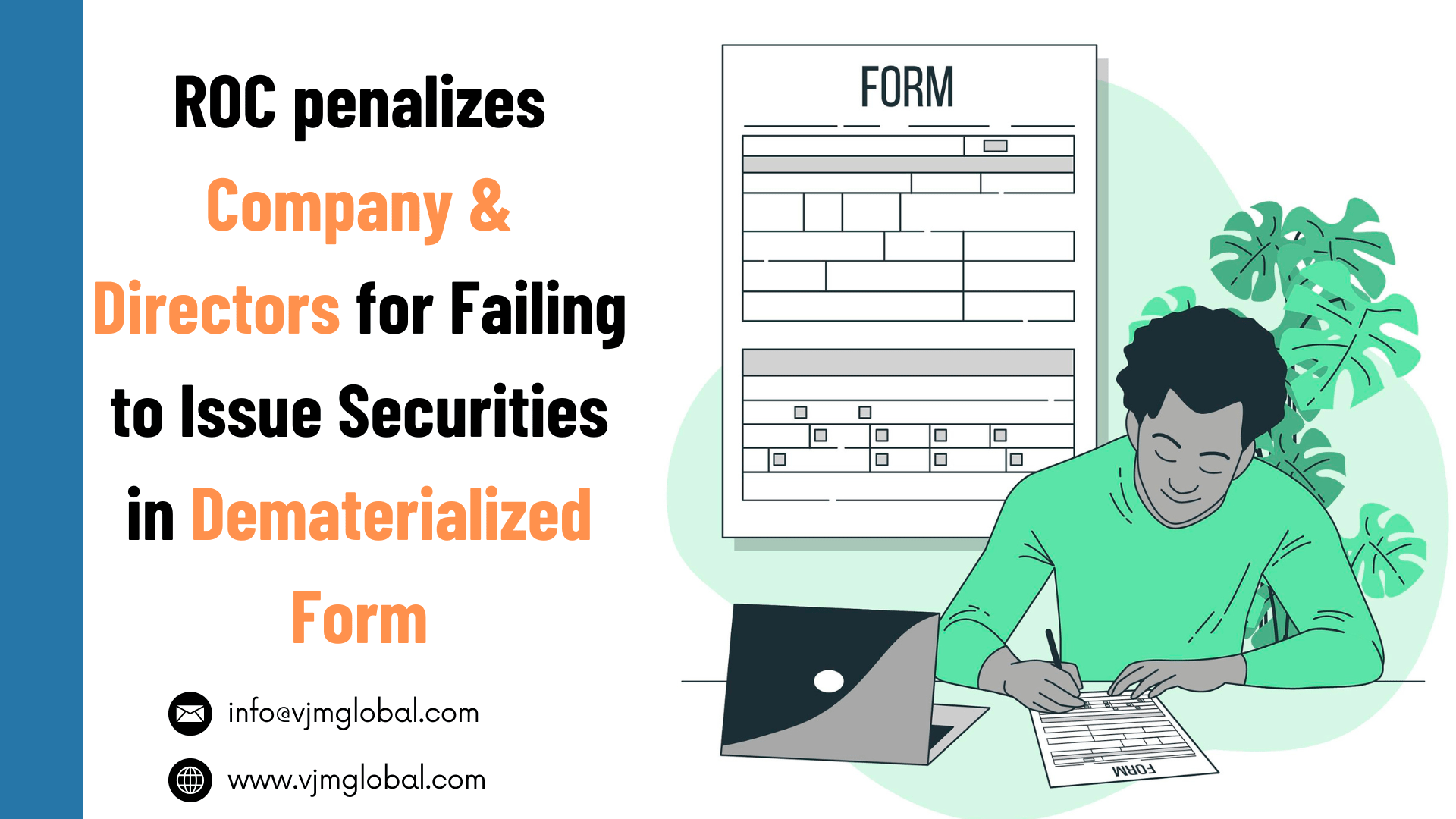Held by AUTHORITY FOR ADVANCE RULING, KERALA
in the matter of IN RE: M/S. MALABAR GOLD PRIVATE LIMITED
M/s Malabar Gold Private Limited (“The Applicant”) is engaged in the supply of jewellery. The Applicant transfers gold to the jewel maker for making ornaments. Jewel maker raise invoice for value of gold supplied and his making charges. The Applicant makes payment of only a differential amount to discharge his liability. Further, in some cases, goods and services are supplied to different branches of the applicant having different GSTINs. However, payment for such supply is made by the head office.
Therefore, The Applicant sought the Advance ruling on:
- whether payment by netting off of payable with receivable of supplier would considered as payment made for Section 16(2) of CGST Act and the applicant would be entitled to take ITC; and
- whether payment made by head office on behalf of branches would be considered as supplies between two GSTINs of the applicable.
In case of net off, Hon’ble AAR authority held that definition of ‘consideration’ is an inclusive definition which covers in its ambit any form of payment. Therefore, if the payee owes the payer a debt, and accepts a reduction in such a debt liability as a valid form of payment, that should also be regarded as a valid ‘consideration’ for a supply. Further, as per section 12 and 13 of CGST Act, the entry in the books of accounts of the supplier or recipient is recognised as a mode of payment under GST law.
Read Also: GST Refund: Invoice value Vs Shipping Bill Value
Further, payment made by Head office on behalf of the branches is a transaction in money and there is no separate supply of goods or services other than the supplies already received by the respective GSTIN’s. Therefore, such transactions do not come within the meaning and scope of “supply” as defined in Section 7 of the CGST Act, 2017 and accordingly no liability for payment of GST arises on account of such transactions.
1. Brief Facts of the case
- M/s Malabar Gold Private Limited (“The Applicant ”) is engaged in wholesale and retail sales of jewelry and has multiple branches in India.
- The applicant transfers gold bars to jewel makers for making ornaments and then purchases such ornaments from them. Jewel makers raise invoices for making charges and transaction value of ornaments sold to the applicant.
- While making the payment, the applicant net off the value of gold bars given by way of book adjustment and would ultimately discharge only making changes.
- Also, in some cases, the sale of gold bars is made by one GSTIN, whereas the purchase of ornaments is made by another GSTIN within the same company as per the requirement. Later on, the respective GSTIN makes book adjustments to square off the receivables and payables.
- In essence, dues on inward and outward supplies are settled by using the receivables netting method ie., sales value minus purchase value, and the balance will be paid or received by the GSTIN.
- Further, there are also cases where the supplier raises the invoice in the GSTIN of the concerned branch who has procured/received the goods/services and ITC is available in compliance with the provisions of Section 16 of CGST Act, 2017. However, the payment is made by the head office or another GSTIN either by way of book adjustment or through online banking channels.
- Such as, in case of purchase of diamonds, Bullions, packing material, old gold etc, the purchase is made for different branch with the same or different GSTIN. Invoice is raised in name of respective GSTIN. However, payments for such purchase is made from the Head offices.
2. Questions before Authority of Advance Ruling Authority (AAR)
The Applicant has raised following questions before AAR:
- Whether net off of receivables and payables of one GSTIN by another GSTIN of the same company, or net-off of receivables with payables of supplier would amount to payment for the purpose Section 16(4) of CGST Act, 2017?
- Whether such adjustments would trigger any nature of supply between the two GSTINs.
3. Relevant Provisions
Relevant extract of provisions of CGST Act and rules is reiterated below:
- 2nd Proviso to Section 16(2) of CGST Act is as follows:
“…
PROVIDED FURTHER that where a recipient fails to pay to the supplier of goods or services or both, other than the supplies on which tax is payable on reverse charge basis, the amount towards the value of supply along with tax payable thereon within a period of one hundred and eighty days from the date of issue of invoice by the supplier, an amount equal to the input, tax credit availed by the recipient shall be added to his output tax liability, along with interest thereon, in such manner as may be prescribed:
..”
- As per Section 23(1) of CSGT Act, ‘consideration’ in relation to the supply of goods or services or both include:
“a) any payment made or to be made, whether in money or otherwise, in respect of, in response to, or for the inducement of, the supply of goods or services or both, whether by the recipient or by any other person but shall not include any subsidy given by the Central Government or a State Government;
…”
- Relevant extract of Section-12 “Time of Supply of goods” is as follows:
“Explanation 2.- For the purposes of clause (b), “the date on which the supplier receives the payment” shall be the date on which the payment is entered in his books of account or the date on which the payment is credited to his bank account, whichever is earlier.
…”
4. Contention of the Applicant
The applicant submitted following contentions on different issues:
a. Payment of Branches made by head office satisfies the provisions of Section 16(2) of CGST Act
- As per Section 16(1) of CGST Act, every taxable person is entitled to claim ITC of goods or services supplied to him which are to be used in the course or furtherance of business and such amount is credited to the electronic credit ledger of such taxable person.
- However, ITC can be claimed subject to such conditions and restrictions as may be prescribed and in the manner specified in section 49 of CGST Act.
- Further, as per proviso to 16(2) , if recipient fails to pay to the supplier the amount of supply along with tax payable thereon within a period of 180 days from the date of issue of invoice, an amount equal to the ITC availed shall be added to the output tax liability of the recipient.
- As per Definition of “Consideration”, it is clear that consideration can be paid by any person other than the recipient as well.
- In the instant case, the goods and services are provided to various branches of the applicant and invoice is issued in the GSTIN of the respective recipient GSTIN.
- Therefore, The respective branches are recipients of goods or services but such consideration could be settled by another person.
b. Whether adjustment would trigger as supplies between two GSTINs of the applicants?
- As per GST law, each GSTIN of the same company would qualify as a distinct person. However, payment by one GSTIN on behalf of another GSTIN would not trigger any supply, as these are mere transactions in money.
- Definition of ‘goods’ or ‘services’ excludes transactions in money.
- Only a supply of goods or services is taxable under GST law and when a transaction does not include supply of goods nor services, it is not covered under the definition of supply to levy GST.
c. Whether book Adjustment would qualify as payment for Section 16 of CGST Act
- With respect to payment clause under Section 16 of CGST Act, it is relevant to analyse whether book adjustment would qualify as payment.
- The applicant relied on the decision of AAR West Bengal in M/s. Seneo Gold Limited (2019 (24) GSTL 688 (App. A.A.R : GST) wherein it is held that:
- Consideration for inward supplies can be paid by way of setting off-book debt.
- The GST Act and rules made thereunder does not restrict the recipient from claiming the ITC when consideration is paid through book adjustment subject to fulfilment of other terms and conditions.
- Further in the case of AAR in M/s. MRF Ltd. (2019 (27) GSTL 578 (App+ AAR – GST)), it was held that:
- For the purpose of proviso to Section 16(2), payment can be made by book adjustments.
- GST Law nowhere restricts the payment to be made by cheque or cash mode for the requirement for section 16 of CGST Act.
- The contention by the applicant also makes a valid point that Section 16(2) does not require payment of entire sales value. The phrase ‘amount towards the value of supply, implies only the amount as agreed between the supplier and the recipient which need not be the entire value of supply.
- As per the mutual agreement, if such value is reduced, even such reduced payment fulfils the requirement, ‘amount towards the value of supply”.
- The proviso to Section 16(2) doesn’t prescribe or restrict the mode of payment. Payment through adjustment of the books of accounts is a prevalent common practice.
- Further, Payment is a transfer of an asset to the payee for discharging an obligation. The most common asset used for such payment is money. However, other assets may also be used to make such payment provided the payee agrees for the same. In the payer’s books of accounts, such transfer will be reported as a reduction in the book value of the asset being transferred.
- Further, “Consideration” defined under the CGST Act, 2017 also includes payment made in money or otherwise and the monetary value of any act or forbearance.
- Similarly, if the payee owes the payer a debt, and accepts a reduction in such a debt liability as a valid form of payment, that should also be regarded as a valid ‘consideration’ for a supply. In other words, reduction in book debt (an asset in the payer’s books of accounts) is a valid consideration.’
- Therefore, the net-off of receivables with payable of supplier, by same or different GSTIN, would amount to payment to the vendor and meet the compliance requirements of Section 16(2] of CGST Act, 2017 in all the scenarios listed in the questions.
5. Finding and discussions by Hon’ble AAR
The Hon’ble AAR has made following findings and discussions:
a. Whether book adjustment is considered as payment for Section 16 of CGST Act
- The second proviso to Section 16(2) of CGST Act specifies that the recipient shall be entitled to avail the ITC only on payment of value of goods or services alongwith tax payable thereon.
- Such ITC shall be provisionally credited to the electronic credit ledger of the receipient,. However, the same shall be reversed by way of output tax if payment is not made within 180 days from issuance of invoice.
- As per definition given, consideration includes, in relation to the supply of goods or services, any payment, made or to be made, whether in money or otherwise, and also the monetary value of any act or forbearance.
- Thus, definition of ‘consideration’ is an inclusive definition which covers in its ambit any form of payment.
- Therefore, if the payee owes the payer a debt, and accepts a reduction in such a debt liability as a valid form of payment, that should also be regarded as a valid ‘consideration’ for a supply.
- Further, as per section 12 and 13 of CGST Act, the entry in the books of accounts of the supplier or recipient is recognised as a mode of payment under GST law.
- Therefore, as per combined reading, the settlement of the mutual debts through book adjustment by netting off of receivables with payable of supplier, by same or different GSTIN, is a valid mode of payment for Section 16(2) of CGST Act.
b. Book adjustments of amount payable by one GSTIN for another GSTIN would amount to supply between the two GSTINs?
- There is only arrangement of settlement of dues of goods and services received by one GSTIN by another GSTIN or payment of consideration by the Head Office in respect of goods or services received by different branches having different GSTIN’s.
- The transaction involved is a transaction in money and there is no separate supply of goods or services other than the supplies already received by the respective GSTIN’s.
- Therefore, such transactions do not come within the meaning and scope of “supply” as defined in Section 7 of the CGST Act, 2017 and accordingly no liability for payment of GST arises on account of such transactions.
6. Ruling
In view of the observations stated above, the following rulings are issued:
Question:1 Whether net off of receivables with Payables, by same or different GSTIN, would amount to payment to the vendor meeting the compliance requirements of Section 16(4) of CGST Act, 2017.
Ruling: Yes, The Applicant can pay the consideration for inward supplies by way of net off of receivables of one GSTIN by another GST1N of the same company, or net-off of receivables with payables of supplier of goods/service. The input tax credit is admissible when consideration is paid through book adjustment subject to fulfilment of other terms and conditions.
Question 2. Whether such adjustments would trigger any nature of supply between the two GSTINs.
Ruling: No, The arrangement of settlement of dues of goods or services received by one GSTIN by another GSTIN or payment of consideration by the Head Office do not come within the meaning and scope of supply as defined in Section 7 of the CGST Act, 2017.

